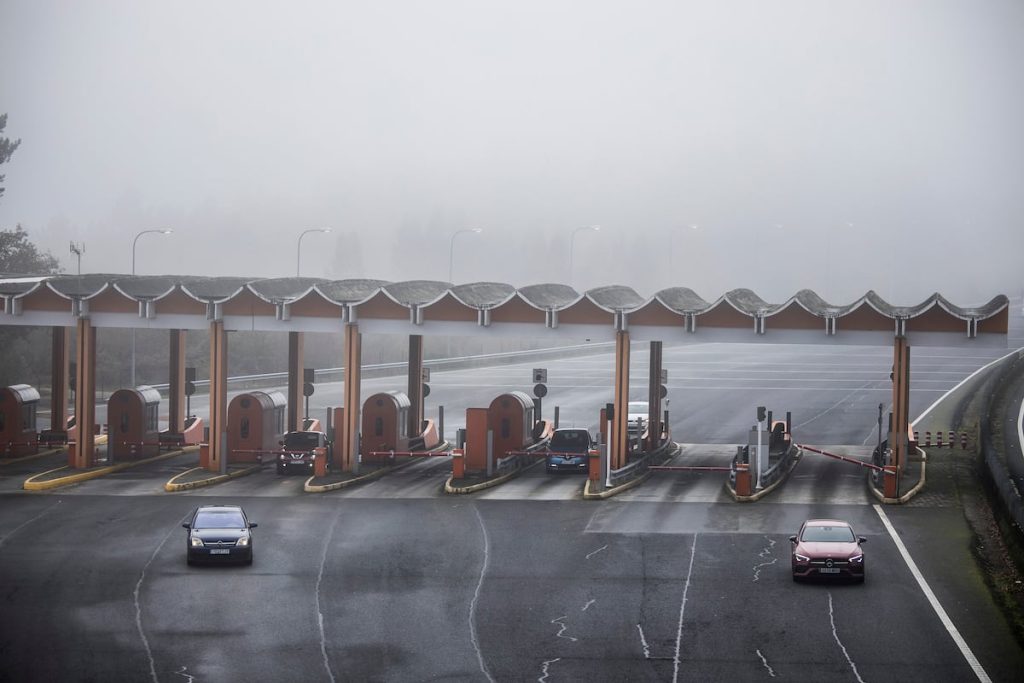The AP-9, a toll highway in Galicia that connects A Coruña to Vigo, has long been a source of contention for residents who have been paying tolls since it was supposed to be made toll-free in 2013. The three main political parties in the Galician parliament have united to propose a law to transfer the highway to the regional government and eliminate the “unbearable” tolls. The future of the law looks promising, but there are concerns about potential opposition from the government of Pedro Sánchez. The tolls on the AP-9 have been a burden on families and businesses, with continuous increases in prices adding to the financial strain.
The transfer of the AP-9 to the regional government has been a long-standing promise, first included in the electoral program of Alberto Núñez Feijóo in 2009. The current push for the transfer has garnered support from all parties, except for Vox, who accuse the popular party of aligning with nationalism. The blame game between the PP and PSOE continues as they point fingers at each other for the delayed action on the issue. The demand for the transfer is seen as a matter of equality and fair treatment for Galicia, which has long been overlooked in national decisions.
The European Commission is investigating the legality of the concession for the AP-9, which could potentially lead to the cancellation of the contract. The extension of the agreement with the concessionaire approved by the Aznar government is under scrutiny, with questions raised about the lack of a public tender process. The potential cancellation of the concession could provide a way to free the highway from tolls, with the Spanish government facing a decision on whether to indemnify the concessionaire or await the final decision from the Commission. However, the cost of rescuing the highway is a significant concern, with estimates ranging from 1,000 to 4,000 million euros.
The AP-9 is a key artery in Galicia, passing through major cities and playing a crucial role in the region’s economic and daily life. Tolls on the highway are among the highest in Spain, with the concessionaire, Audasa, seeing record profits. The company, originally public, was privatized by the Aznar government and is now owned by foreign shareholders. The government provides significant funds to Audasa through subsidies and shadow tolls to alleviate the burden on drivers. The toll prices on the highway recently saw a sharp increase, further burdening the users.
All parties in Galicia agree that the current toll conditions on the AP-9 are unsustainable economically and socially. They advocate for a more direct and regional management of the highway to ensure better quality of service and sensitivity to local needs. Previous decisions by ministers from both the PSOE and PP are criticized for exacerbating the toll situation, leading to negative consequences for the region. Efforts to transfer the highway to the regional government have been made in the past but have not been successful. The current proposal for the transfer is seen as a crucial step towards addressing the long-standing issue and providing relief to the residents of Galicia.


